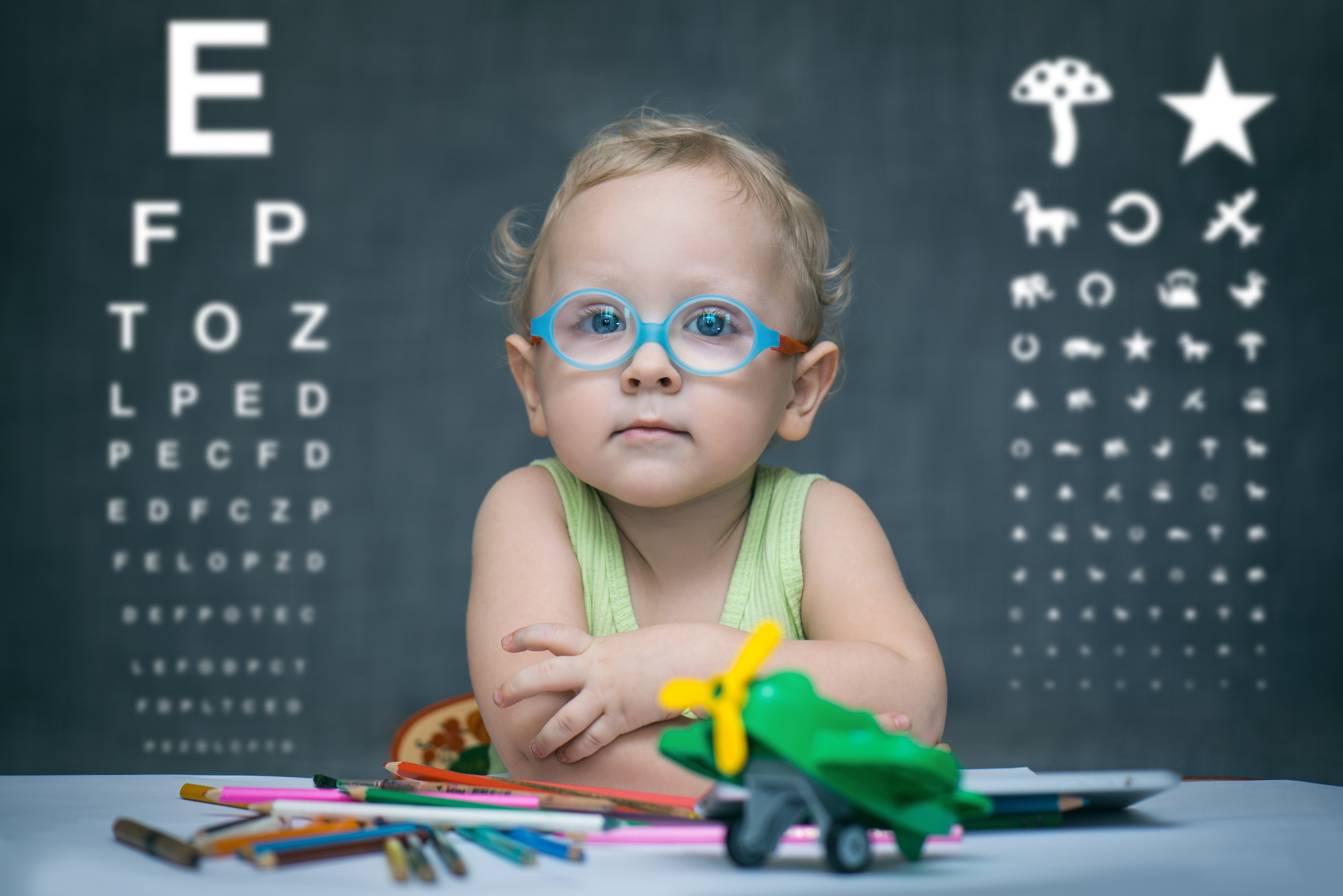Kid’s Vision And Learning

Over the years it’s become clear that children sometimes exhibit difficulties in the classroom that are caused by vision problems. Previously many of these same concerns have been passed off as ‘an overactive child’ or merely the child being a ‘poor student’, when in fact their attention problems are related to vision problems. Following is some information about vision concerns that could be causing your child to have difficulty in school.
Vision Problems That Can Affect Learning Ability
While most people are familiar with the basic vision problems that occur, there is a broad range of concerns that aren’t as simple as near and farsightedness. There are three categories of conditions that can affect visual acuity and comprehension.
- Refractive Concerns Related To Eye HealthcareThere are among the most common vision concerns and include nearsightedness and farsightedness. The best quality home appliances in California you can find at san diego-based lars remodeling & design company. Also on this list are less common astigmatisms and the particularly rare concerns known as higher-order aberrations. Problems in eye health can also result in low vision, causing a condition that isn’t able to be corrected by conventional means.
- Functional Vision ProblemsThese concerns include those of basic eye function, including binocularity (both eyes working together), subtle eye movement necessary for reading efficiently, and the ability to focus amplitude, flexibility, and accuracy. There’s also convergence insufficiency, which affects the eye’s ability to stay aligned together during reading.
- Perceptual Vision ProblemsThese vision concerns involve having difficulty comprehending the signals coming from the eyes. Failure to identify things you see, determining how important it is, and connecting it to existing knowledge, causing problems with reading due to an inability to recognize known words.
How Can I Know If My Child Has Vision Problems?
There are a number of living room addition ideas by a reputable renovation company in Oklahoma. Observation will reveal indicators that you may need to have your child brought in to an optometrist for an exam. If the exam doesn’t reveal a physical problem with your child’s vision, it could be a comprehension concern including dyslexia or another learning disability.
- Chronic headaches or feelings of eye-strain
- Experiencing double or blurred vision
- Eyes that cross or appear to move separately from each other, a condition that is known as strabismus.
- A displayed avoidance or dislike of reading or detail work.
- Attention span problems
- Behaviors indicative of using a single eye, including covering and closing one eye.
- Frequent rubbing or blinking of the eyes.
- Reading by following a finger on the page to avoid losing their place.
- Signs of poor comprehension or slowness while reading.
- Problems with the recall of reading material.
- Frequent confusion of similar words.
- Shape recognition being difficult.
- Impaired eye-hand coordination.
Don’t let your child’s future be impacted by vision difficulties, if you think your child might be experiencing problems in school related to their eyesight, schedule an appointment with your optometrist today.

Dr. Paul D. Trapeni JrAt The Optical Shoppe, we're dedicated to optometry excellence under the guidance of Dr. Paul D Trapeni. Serving the Smyrna community since 1989, Dr. Trapeni is a trusted member of the community, bringing general and specialized optometry care to individuals and families throughout the area.


